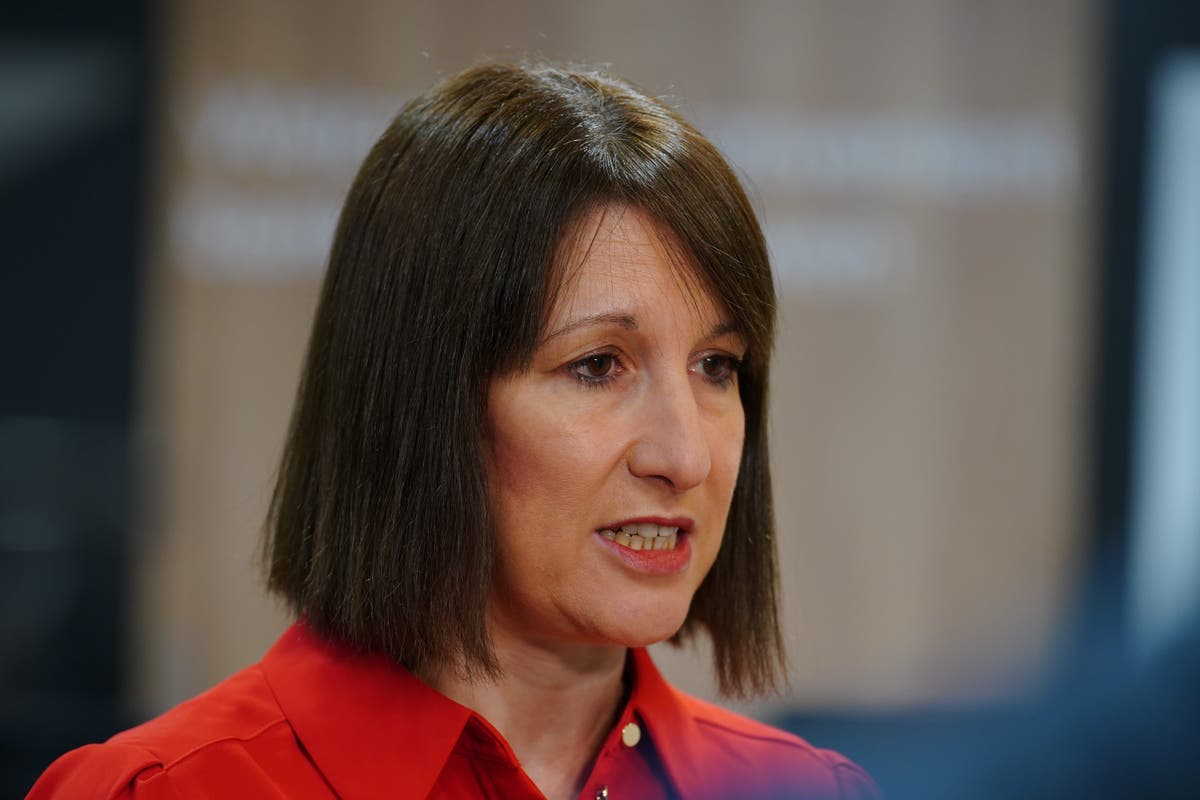Labour to launch state-owned Great British Energy in £8.3bn market intervention

- by Admin
- July 17, 2024

Labour is pushing ahead with plans to launch a state-owned energy company backed up with £8.3bn of taxpayer funds, in one of the biggest market interventions for decades.
In the King’s Speech, Sir Keir Starmer’s new Government confirmed that Great British Energy will develop, own and operate energy projects such as wind farms, using public money as an anchor for further private sector investment.
It came as Labour also unveiled a package of sweeping railway reforms and upgrades, including key pieces of the Manchester-Liverpool route demanded by Andy Burnham, the Mayor of Greater Manchester.
On Wednesday, the Government said that GB Energy would “help us take back control of the country’s energy, achieve energy independence, create new jobs, save money for households and tackle climate change”.
The agency’s £8.3bn budget, covering this parliament, will be used to buy equity stakes for the taxpayer in energy projects and their supply chains, with potential investments spanning supply, distribution, storage, emissions capture and any measures that will speed up the green transition.
It marks the first time that the Government will be a direct player in the energy market since the late 1980s, when the electricity industry and British Gas were privatised.
GB Energy, which will be headquartered in Scotland, will be put on statutory footing through the Great British Energy Bill announced as part of the King’s Speech.
The bill will also grant powers to Ed Miliband, the Energy Secretary, to “provide Great British Energy with the financial backing needed for it to meet its aims and ambitions”, while also requiring them to publish a “strategic priorities” statement for the agency.
Net zero electricity system by 2030
Those priorities are still to be laid out in detail by the new Government, although Labour has set an overarching goal to make the electricity system “net zero” by 2030.
Against that backdrop, the energy industry is still debating how GB Energy’s billions should be deployed.
Some Labour backers advocate a muscular approach, in which GB Energy would back a plethora of renewable power projects across the country. But many experts argue that its relatively small budget is better targeted at nascent technologies, such as carbon capture and hydrogen production, which need to be made cheaper.
In documents published alongside the King’s Speech, the Government said making the power grid net zero would require a “doubling of onshore wind capacity” and “a three to fourfold increase in current offshore wind and solar capacity”.
The document added: “It is highly unlikely that this scale and pace of investment could be delivered by the private sector alone within the current institutional and policy landscape.
“Leveraging the capabilities that only the public sector has could help mitigate existing market failures, and therefore increase the speed and reduce the cost of deploying renewable generation capacity.”
GB Energy will work in tandem with the National Wealth Fund, which will also have £7.3bn to direct towards green technologies and infrastructure such as ports to aid domestic production of equipment such as wind turbines.
Vicky Parker, head of power and utilities at PwC UK, said: “The policy direction of the new Government suggests we are likely to see a growing involvement of the public sector to help drive progress in energy.”
Jonathan Croley, a partner and energy specialist at law firm Ashfords, said many private firms remained “muted” on GB Energy, adding: “At best it could offer a useful partner for risky schemes. At worst it could be unnecessary competition.”
The Latest News
-
December 23, 2024On board with the pilots doing one of Britain’s toughest jobs
-
December 23, 2024Christmas Travel LIVE: Traffic chaos on motorways while flights cancelled
-
December 23, 2024UK economy stagnates as GDP figures revised down
-
December 23, 2024Donald Trump taps ‘Apprentice’ producer as special envoy to UK
-
December 23, 2024UK economy heading for ‘worst of all worlds’, CBI warns after Labour Budget





